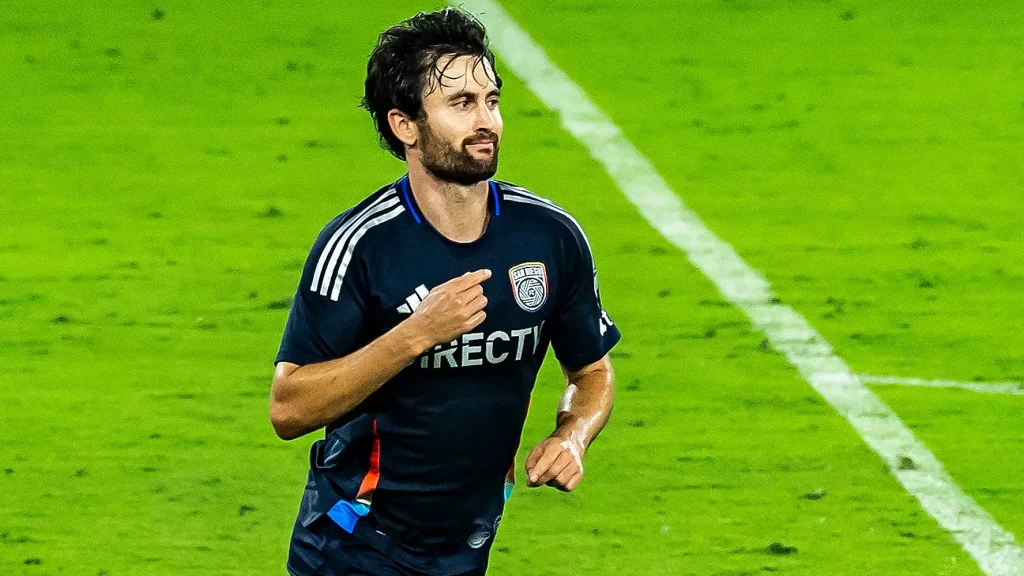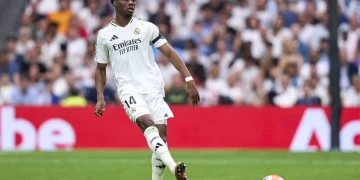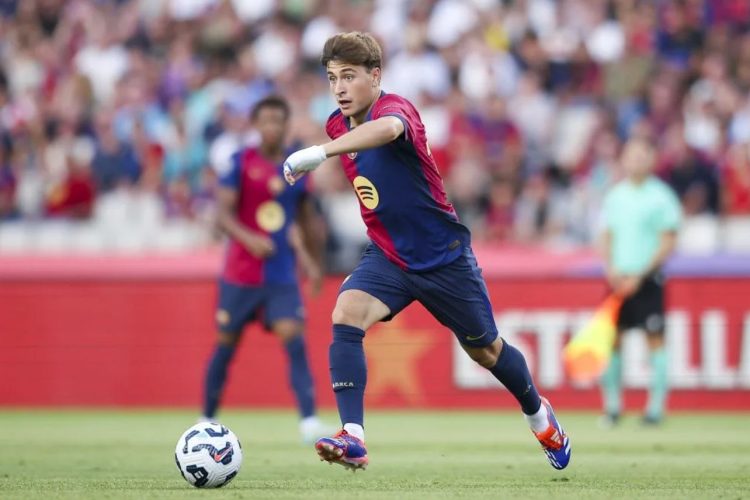Barcelona vs. Al Sadd Managerial Records
When Xavi Hernández hung up his boots, the transition to management was not just expected—it was mythologized. A midfield maestro for both Barcelona and Spain, his football IQ, vision, and leadership on the pitch naturally led fans to believe he’d bring similar brilliance from the sidelines. But should the reverence we afford iconic players translate into lowered or altered coaching expectations?
Xavi’s managerial career began in Qatar with Al Sadd, a club with dominant domestic resources and minimal tactical resistance. There, he lifted multiple trophies, implemented a fluid positional game reminiscent of Pep Guardiola, and cultivated a loyal squad built around technical superiority. But while the silverware piled up, skeptics questioned the competitive level of the Qatari Stars League. Tactical challenges were limited. Possession was rarely contested. Critics noted that with such a disparity in quality between Al Sadd and its rivals, tactical nuance took a backseat to individual brilliance.
When Xavi returned to Barcelona in 2021, optimism surged. Many saw him as the spiritual successor to Pep—a man raised in La Masia, fluent in the club’s footballing DNA. His early months offered some promising signs: a rejuvenated pressing structure, the emergence of Gavi and Pedri as midfield anchors, and a Copa del Rey title. But over time, structural cracks began to appear. Inconsistent Champions League results, predictable patterns in big matches, and an overreliance on former teammates like Jordi Alba and Sergio Busquets drew criticism.
At Al Sadd, Xavi was the dominant force, dictating tempo and direction. At Barcelona, he was subject to injuries, financial chaos, and the grinding scrutiny of global media. The differences in his records reflect more than skill—they reflect context. But the question remains: should that context buffer our judgment?
Player Pedigree vs. Tactical Innovation
There’s a romanticism in hiring former players as managers—especially those who once defined the club’s ethos. Yet, history offers a mixed report card. For every Zidane, who conquered Europe with Real Madrid, there’s a Pirlo or Lampard, whose promising starts quickly faded.
The core dilemma is this: does elite player experience equate to tactical brilliance? Often, the answer is no. Playing at the highest level offers insight into dressing room psychology, matchday pressure, and leadership. But management requires a different toolkit—obsessive detail, adaptability, communication, and even detachment.
Xavi’s philosophy at Barcelona echoed the Cruyff-Guardiola lineage: positional play, high pressing, and short-passing dominance. But the tactical ecosystem had changed. Teams now press higher, defend deeper, and exploit transitional chaos far better than a decade ago. While Xavi insisted on controlling possession, opponents exploited Barcelona’s fragility on the break. Tactical evolution requires constant reinvention—something even Pep had to embrace after City’s failures in Europe.
Moreover, young tactical managers—Julian Nagelsmann, Roberto De Zerbi, and Arne Slot—have brought a data-driven, fluid style of play not rooted in nostalgia but adaptation. They build from a blank slate, unburdened by player history or legacy expectations.
Xavi, by contrast, often found himself trapped between honoring tradition and managing present-day limitations. His reliance on veteran players and tactical conservatism in high-stakes matches suggested not arrogance, but perhaps fear of betraying the club’s romantic ideals. And that tension leads to the uncomfortable question: do we hold him to different standards because he’s “Xavi”?

Fan Patience Thresholds Analysis
Fans adore legends. But they also demand results—especially at clubs with global expectations like Barcelona. The challenge is that nostalgia can only shield a manager for so long. When performances falter, loyalty fractures.
In Xavi’s case, the patience of Barcelona fans wore thin after back-to-back European exits and lackluster attacking output despite heavy investments. While Laporta publicly supported him through downturns, the online discourse became toxic. Many fans, even those who once chanted his name, began to question his substitutions, rigidity, and post-match justifications.
Comparatively, when mid-tier managers like Ernesto Valverde or Quique Setién faced failure, the criticism was swift but impersonal. With Xavi, it became emotional. The pedestal he stood on as a player became the stage of his unraveling as a coach. This phenomenon is not unique to Barcelona. Ole Gunnar Solskjær at Manchester United experienced similar treatment—extended goodwill based on history, followed by intense backlash when results stagnated.
Ironically, legends like Xavi may have less margin for error. The expectations are higher. The nostalgia sharper. And the disappointment more profound. The line between loyalty and disillusionment is razor thin.
Clubs and fans often assume that iconic players will infuse their managerial style with passion, loyalty, and institutional understanding. But when those qualities don’t translate into modern tactics, fanbases grow conflicted. They don’t just lose faith in a coach—they feel betrayed by a legacy.
Should Standards Be Different?
This is the core debate. On one hand, managers like Xavi deserve the same scrutiny as anyone else leading a billion-dollar football institution. Sentiment should never override strategy. Barcelona cannot afford to drift in a tactical time warp simply because of history.
On the other hand, coaching development takes time—especially when done in the pressure cooker of elite clubs. New managers, regardless of background, need seasons to mature tactically, build player trust, and make mistakes. But modern football rarely offers such luxury.
Some argue that clubs should create “legend transitions”—where iconic ex-players begin their coaching careers at youth levels or in assistant roles before being handed the reins. Think of Mikel Arteta’s apprenticeship under Pep. Others insist that legend status should never factor into appointments. Merit and tactical credentials must come first.
Xavi’s story is still unfolding. He left Barcelona in 2024 by mutual agreement—but few doubt he’ll return to top-flight coaching. Whether he reinvents himself tactically or doubles down on his ideals remains to be seen.
The Bigger Picture
Xavi’s managerial journey opens a broader conversation about how football treats its icons. Should the road be easier or harder? Should we expect instant transformation or tolerate growing pains? And when nostalgia clouds performance, can clubs make objective decisions?
Legends like Xavi don’t just manage teams—they carry the ghost of their playing past into every press conference, every lineup, and every result. That dual burden is both privilege and poison. Clubs must recognize it—and so must fans.
Football continues to evolve. So must its managers. And perhaps the greatest tribute we can pay to former greats is not to idolize their past—but to judge their present fairly.






























Discussion about this post